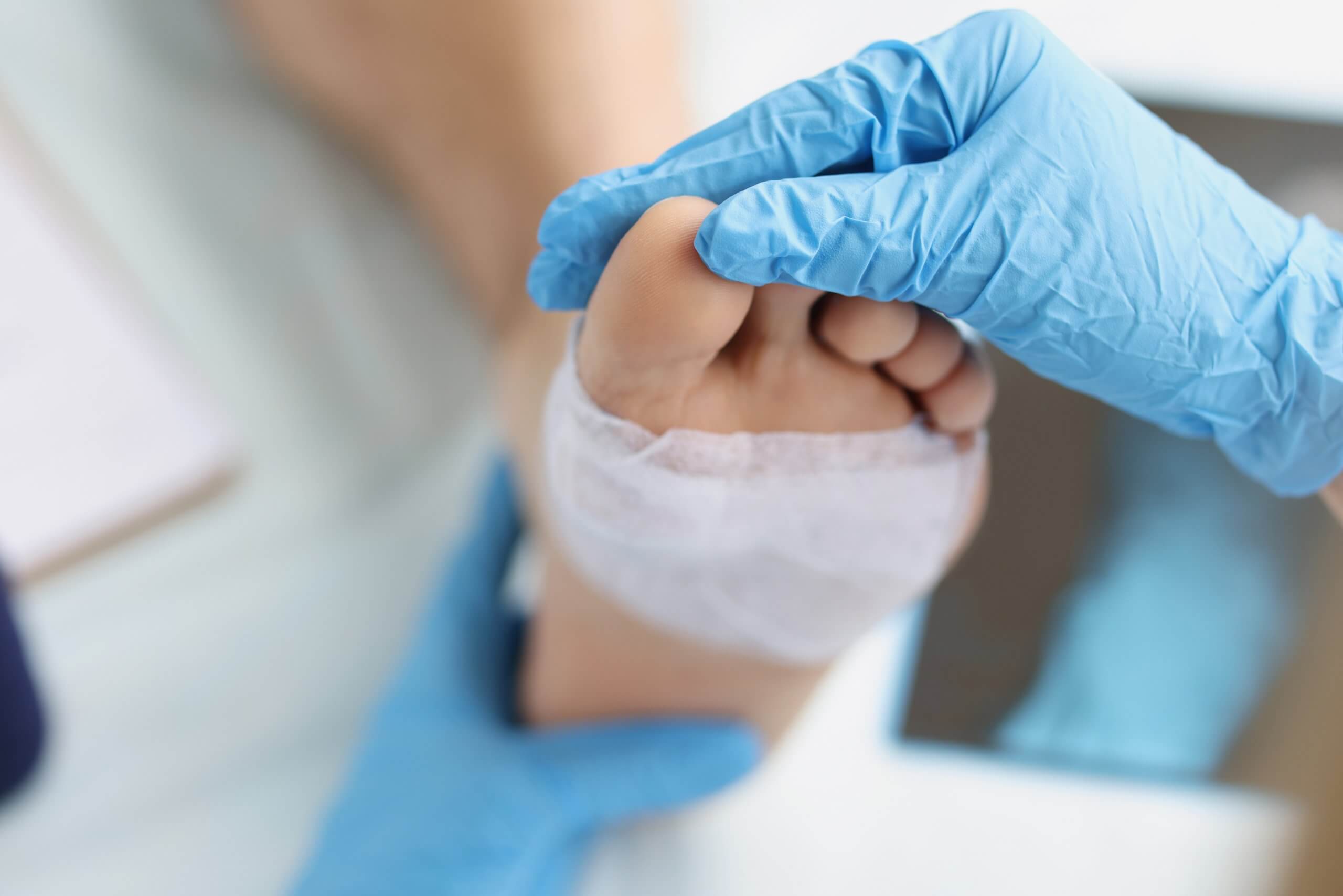Crohn’s Disease and Placenta
Find out how Amnion and Placental Cells could help to treat Crohn’s disease
What is Crohn’s disease?
Crohn’s disease is a chronic inflammatory bowel disease – a lifelong condition characterised by inflammation of the digestive system. Inflammation caused by Crohn’s disease can occur in different parts of the digestive tract. The disease can lead to abdominal pain, severe diarrhoea, fatigue, weight loss, and malnutrition. Affecting people of all ages, Crohn’s disease can be extremely difficult to live with and can often disrupt the daily lives of sufferers. It can be both painful and debilitating, sometimes leading to potentially life-threatening complications such as colon cancer or fistulas. The exact cause of Crohn’s is unknown but it is generally believed to be caused by a combination of factors including genetics, the immune system, and bacteria or a virus which may trigger an abnormal immune response. Researchers believe this results in an overactive immune response and causes the intestines to become raw and inflamed, leading to Crohn’s symptoms.
Crohn’s Disease Facts
- Crohn’s disease affects more than 300,000 people in the UK
- Every 30 minutes someone in the UK is diagnosed with Crohn’s disease
- Crohn’s disease can occur at any time but most commonly starts between the ages of 15 to 35
- Crohn’s disease varies from person to person and may change over time
- It is more likely to occur in people who smoke
- One-third of patients with Crohn’s disease are diagnosed before the age of 21
- 1 in 4 newly diagnosed people are under 16 years old.
Whilst there is currently no known cure for Crohn’s Disease, there are some therapies which can help to reduce the symptoms suffered by patients. Numerous medications are available including antibiotics, steroids and immune modifiers. In extreme cases, surgery may also be necessary for some patients. However, it is often the case that many patients may be intolerant to current conventional treatments.
Crohn’s Disease and Placenta: Developments
Over the years, more and more research has taken place investigating the use of stem cells as an alternative treatment method to the currently available treatments. Stem cells, especially placenta-derived stem cells, are providing potentially life-changing treatments in various clinical trials across the world. Previous research has demonstrated that placental stem cell therapy may provide immunosuppressive, anti-inflammatory and regenerative potential which helps to correct abnormal immune responses, repair damaged intestinal tissue, and reduce Crohn’s symptoms. A recent study evaluated the safety of using placental stem cells in the treatment of moderate-to-severe Crohn’s. It also investigated its clinical effect, including its effect on quality of life for the patients. A positive clinical response was notable in all participants after receiving just two infusions of placenta cells. Various other studies are currently underway to investigate further use of placenta stem cells to treat Crohn’s Disease. The initial results from these studies are extremely promising and provide hope for those who suffer with the condition.
References
- Mayo Clinic, Crohn’s Disease Overview, accessed 21 October 2019, <https://www.mayoclinic.org/diseases-conditions/crohns-disease/symptoms-causes/syc-20353304>
- NHS, Crohn’s Disease, accessed 21 October 2019, <https://www.nhs.uk/conditions/crohns-disease/>
- Crohn’s & Colitis UK, About Crohn’s and Colitis, accessed 21 October 2019, <https://www.crohnsandcolitis.org.uk/about-crohns-and-colitis>
- Crohn’s & Colitis UK, Crohn’s Disease – Your Guide, accessed 21 October 2019, <http://s3-eu-west-1.amazonaws.com/files.crohnsandcolitis.org.uk/Publications/crohns-disease.pdf
- National Institute for Health and Care Excellence, Inflammatory Bowel Disease, accessed 21 October 2019 <https://www.nice.org.uk/guidance/qs81/documents/inflammatory-bowel-disease-briefing-paper2>
- https://www.ncbi.nlm.nih.gov/pubmed/25985246
- https://www.researchgate.net/publication/276922275_Human_Placenta-derived_Cells_PDA-001_for_the_Treatment_of_Moderate-to-severe_Crohn’s_Disease_A_Phase_1b2a_Study
- https://www.ncbi.nlm.nih.gov/pubmed/23429460
- https://www.sciencedirect.com/science/article/pii/S2352177516000029
The information contained in this article is for information purposes only and is not intended to replace the advice of a medical expert. If you have any concerns about your health we urge you to discuss them with your doctor.





